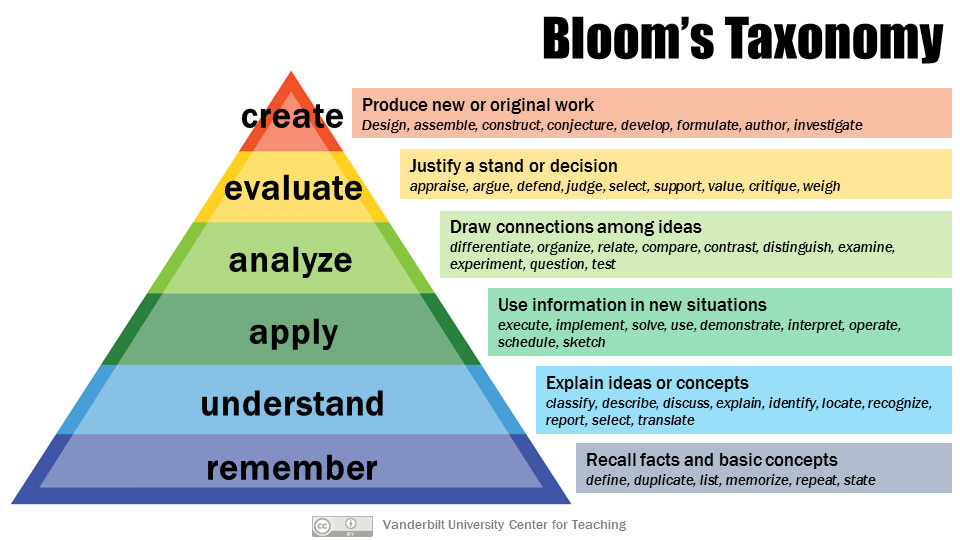What I learned about how to learn
Turns out I was doing it all wrong. How spaced repetition and active recall has changed my life.
I’ve spent the past 6 months diving deep into how the human brain learns. I’ve talked to some of the best Jeopardy players in the world, consumed hundreds of hours of learning content, and built two different products to help people learn.
The way I approach learning in my daily life has changed completely.
In what I now know is a selfishly beneficial form of active recall, I wanted to write up my biggest takeaways and lessons.
Common misconceptions
A few of my foundational beliefs about how the brain learns turned out to be completely incorrect.
1. Re-reading is helpful
I fell into the common trap of thinking that going back to re-read something would help me remember and understand it.
However, science shows that passive re-reading has little to no benefit in long term retention (source). It can be even worse than that, creating a “metacognitive illusion” where re-reading makes learners feel like they are mastering a topic just because it feels familiar (source).
The key word here is passive. Unlike passive re-reading, active recall is shown to dramatically increase long term retention. More on active recall below.
2. Memorization doesn’t matter, I can just look it up
I grew up in the era of Google and Wikipedia. I told myself that memorization wasn’t important because I could just look things up.
There are a couple major problems with this line of thinking:
Science shows that memorization is the fundamental building block to deeper understanding. It’s important to learn the facts and definitions within a field to be able to then connect the dots and increase understanding of the topic (source).
Even for pure memorization of facts, it can actually save time to memorize them. Using techniques I’ll discuss more in depth below, it can take a combined 5 minutes of studying throughout your whole life to memorize a fact (h/t gwern source). So if you will spend more than 5 minutes looking up a fact throughout your entire life, it’s actually more effective to just memorize it.
3. You can’t reliably remember things, people’s brains work differently
Prior to this year, I thought the concept of “learning styles” i.e., audio, visual, kinesthetic meant that there was large variation in how people remember and learn things.
However, the theory of learning styles has been largely debunked, and we do actually have very clear understanding of how quickly the brain forgets things thanks to the well documented Ebbinghaus Forgetting Curve (which has been around over 100 years).
So, it turns out the way to get something into your head is quite simple: get your brain to actively recall that piece of information before you hit the next drop in the forgetting curve. This is known as spaced repetition, and the idea that you can just choose to put something in your brain forever is nothing short of magical.
How I think about learning now
Effective learning is all about active recall. This is the process of actually retrieving the information out of your brain. As I’ve practiced active recall, I’ve noticed you can actually feel your brain working when it’s pulling information out.
There are many forms of active recall - learning by doing, teaching, writing, the Feynman method, etc. Flashcards are the most direct way to do active recall. I’ve avoided flashcards like the plague for my entire life, but they truly are an extremely efficient way to get something into your head. When paired with spaced repetition they work scarily well, and honestly are even fun. The dopamine hit of getting cards right is real.
I also like Bloom’s Taxonomy as a way of thinking about building up my understanding of a topic. Memorization is the base which allows me to work my way up to deeper understanding, synthesis, and eventually creativity.
How I learn something new - tools and process
I believe that in the AI era, the ability to deeply understand and connect ideas from multiple areas is going to be more important than ever. Having a shallow understanding of a topic is no longer useful; only those who develop deeper insights will succeed.
Bringing this all together, here’s my process for learning a completely new topic.
Understand the building blocks
First, I want to understand the different components that make up the topic. I usually start by asking ChatGPT “What are the key concepts that a student would learn about XX topic?”
This gives me a breakdown of the key areas of the topic. I figure out which basic things I don’t understand, and ask for videos or articles I can read to understand them.
Study my areas of weakness, create active recall artifacts
While I’m reading/watching, I’m consistently thinking about which of these facts or ideas are things I want to remember.
I then upload the entire video/article into my preferred digital flashcard tool to automatically generate flashcards. We created Savvy to help with this (would be a shameless plug but we are winding down work on this), and I’m also testing out Remnote where I can both take notes and create cards. Anki is the tried and true tool in the space but I like being able to auto-create cards from content.
Practice active recall
You have to be consistent or spaced repetition doesn’t work. I try to review my cards every day. I find this practice also encourages my curiosity to continue to further explore the topic, add new cards and expand my knowledge.
To work my way up to deeper understanding and synthesis, I’ll talk to my friends about it and write about it.
That’s it! This isn’t something you want to over-complicate. It’s about simplicity and consistency. It’s not easy - you’ll feel your brain working hard as you do this, but it’s extremely rewarding. Short and very focused sessions are much more effective than hours of skimming. I’ve stopped spending time on things like highlighting, bookmarking, etc. and focused on the key things I actually want to learn.
I’ve loved the feeling of reading a book I really enjoy and weeks later being able to easily recall the key points I care about.
Want to go deeper?
My favorite reading and blog posts on the topic:
Michael Nielsen’s Augmenting Long Term Memory: https://augmentingcognition.com/ltm.html
gwern on Spaced Repetition: https://gwern.net/spaced-repetition
Andy Matchusak on spaced repetition: https://notes.andymatuschak.org/Spaced_repetition_memory_system and Dwarkesh Patel’s interview with him




Good stuff! I was just revisiting Tim Ferriss’ DiSSS and CFE learning frameworks this weekend coincidentally, which both overlap and complement the above.
Love this!